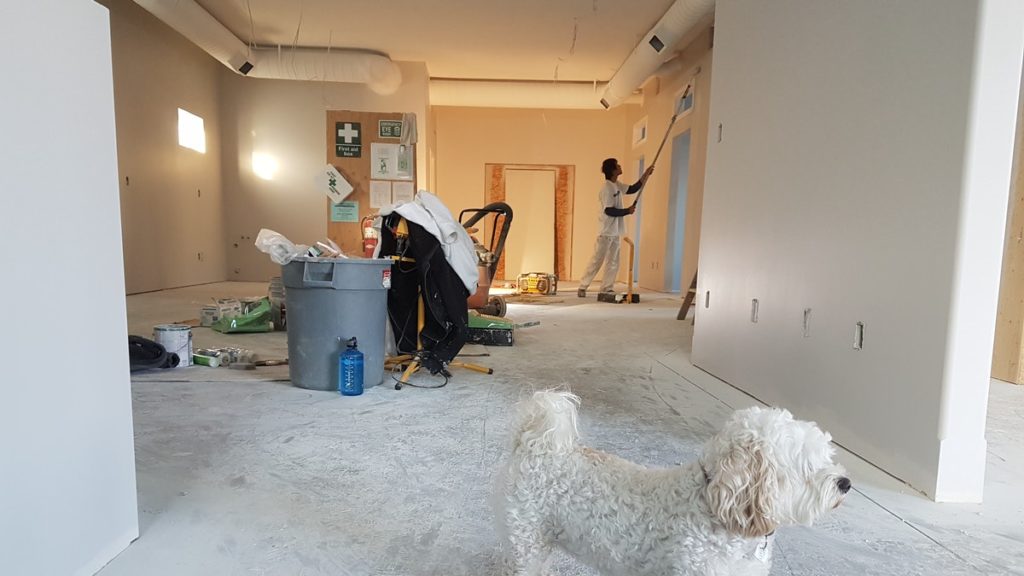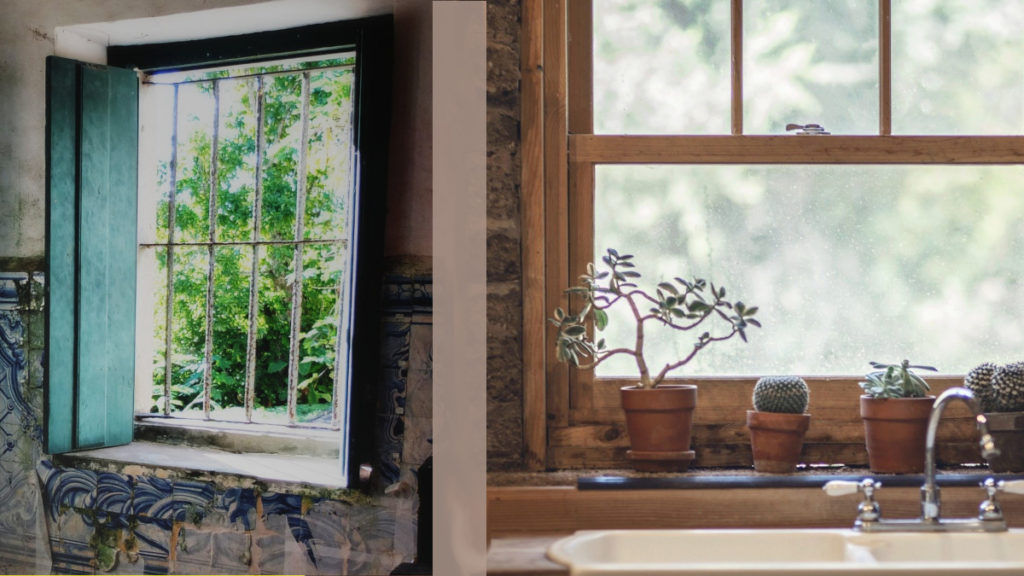Real estate is one of the most popular investments in the United States. In part, this is due to its capacity to generate wealth in multiple ways. One such method is to flip the property by buying low and selling at a profit. Starting a profitable home flipping business takes time and expertise. Here are a few things to keep in mind.
Home Flipping Business Model
Flipping properties requires substantial up-front capital. It can be done as an independent business or as a side gig. The idea is to buy homes as cheaply as possible, fix them up and make them look presentable, then sell them for a profit. It sounds good in theory, but there are pitfalls with using this model to start a profitable business.
Many successful businesses thrive on carefully managed real estate transactions. Some businesses specialize in buying homes as-is in cash. They make compelling offers to homeowners who want to offload their homes as quickly and conveniently as possible. Then, the new owners clean up the property, investing the time and effort necessary to get it in selling condition. Finally, the home flipping business owner sells the property for a profit. Clearly, some variation of the home flipping model can work.
Unfortunately, flipping houses isn’t quite as straightforward as it might at first seem. There are several obstacles that stand between you and profitability with a home flipping model.
Finding Deals for Your Home Flipping Business
Under the right circumstances, you can buy a home at an incredibly low price. Spend a few weeks fixing and improving it and you can sell it for a massive profit. However, the right circumstances are far from guaranteed for any home flipping business. Only a fraction of the properties that get listed on the market have the potential to be “flipped” profitably.
RELATED CONTENT: WHERE TO INVEST AN UNEXPECTED WINDFALL: A FEW GOOD IDEAS FOR YOU
If you want a chance of making your business work, you’ll need some way to sniff them out consistently. Successful home flippers usually rely on a variety of strategies to find potential deals and evaluate them.
Estimating Costs
New house flippers often find themselves struggling to turn a profit because they underestimate the costs associated with repairing a house. The home inspection may give you a good idea of everything that needs done to the home to make it sellable. Still, over the course of actually conducting the repairs, you will likely encounter bigger challenges than you expected.
Higher material costs and contractors who go over budget also affect your overhead. It only takes a few unpleasant surprises to completely jeopardize your project’s profitability.
Unexpected Discoveries in the Business of Flipping a Home
As you initially survey a property and inspect it, you may feel confident that you’ve learned the ins and outs of the home. However, it’s common to encounter unexpected discoveries when operating a home flipping business.

Photo by Cal David from Pexels
For example, you might discover a crack in the foundation that escaped your inspection, or you may find a hidden patch of mold once you begin repairs. Seasoned home flippers know how to account for these kinds of hurdles. They know to anticipate them based on the nature of the home. For newcomers, such discoveries are much harder to work around.
The Competition
A home flipping business seems like an easy way to make money. Therefore, it attracts a lot of aspiring investors. This is especially true for high-growth neighborhoods, where good deals can turn into a massively profitable endeavor.
But if you want to flip homes successfully, you’ll need to find some way to beat the competition. In short, you must work harder to find deals before competing home flippers can place a bid.
Perfect Timing
For a home flipping business to work, it also needs careful timing. You must time the market appropriately when you buy and when you sell your property. Also, you will need to consistently add new properties to your portfolio. Otherwise, your cash flow may end up inconsistent and/or unpredictable.

Photo by Jordan Benton from Pexels
However, you can overcome many of these challenges. The right experience, the right connections, and enough persistence can lead to profit. Keep in mind that most newcomers struggle to turn a profit in their first few attempts.
Alternative Ways to Invest in Real Estate
If a home flipping business seems too complex or too unreliable for your taste, you’ll be pleased to know there are several alternative ways to invest in real estate. Consider residential properties, including single-family or multi-family homes, as a way to generate recurring rent.
RELATED ARTICLE: 24 BUSINESS IDEAS IN REAL ESTATE THAT ARE VERY SUCCESSFUL
Look into investing in properties in high-growth areas, anticipating rising rental prices in hot neighborhoods. Lastly, you might consider investing in commercial property. Use real estate investment trusts (REITs) to get exposure to a broad range of different properties.
All of these methods are accessible to newcomers in the real estate investment world. Rental income is relatively less risky than attempting to flip a house. Consider getting at least some real estate investment experience under your belt before you attempt to create a profitable home flipping business.


